Latest article from Robert Parkinson (CEO & Founder of RMG Selection) on China today! # CV – the Vital First Step# To keen overseas job seekers who want to work in China: When enjoying the excitement of coming to China to find a job, does it ever occur to you that 100 of the CVs you’ve sent out don’t even get a glimpse from the Chinese HR?! Find out how to present yourself in CV together with Robert now!
To keen overseas job seekers who want to work in China: While anticipating the excitement of coming to China to find a job, does it ever occur to you that maybe 100 of the CVs you’ve sent out won’t even get a glimpse from the Chinese company HR? Does that shock you? If you expect to get a good job because of your years of work experience and career achievements, would you believe that the Chinese HR might miss your point entirely? Having worked as a headhunter for 15 years and lived in Beijing for 10 years, I have read thousands of resumes from foreign job seekers, and can tell you that just a few changes on your CV could make your dream career in China a reality!
The first thing we need to understand is just exactly how long CVs are scanned for, particularly for junior and mid-level positions. It’s about 23 seconds. That’s all! So when you’re composing your CV, what you leave out is just as important as what you put in.For example, I’ve seen resumes that are literally flooded with information. I recently read one from a senior manager that was eight pages long! Piling on details about your work experience will only make HR workers lose interest. Of course, all work experience matters in one’s career, but you have to bear it in mind that it’s important to distill it down to key responsibilities and achievements, and write as concisely as possible.Last but not least, remember that you are only as good as your last deal. So you should devote the space that your experience of 15 years ago would take up to your current job. Employers aren’t so interested in what you did 15 years ago, so balance the space in your CV accordingly. As a general rule CVs should take two sides of A4. One page isn’t enough. But if it’s any longer than three sides, your CV will not be read.
Don’t be coy about photos or age. Specifying age might be banned in the U.S., but it isn’t here: age is relevant, so include it. Likewise, Chinese hiring authorities like to see photographs. But make sure the one you show isn’t a studio-style shot that is flattering but does not reflect your age! I met a candidate last week whose CV and the photo on it impressed me and gave me a good feeling. But when she entered my office it was clear that the photo had been taken 10 or more years earlier. This to me was tantamount to deception.
Don’t tell stories from the 1960s: I like reading biographies of people like Steve Jobs and Angela Merkel, and the career stories of job applicants take up a considerable share of my reading matter. But Chinese HR have absolutely no interest in the career stories applicants tell on their CV. Describing a job in the 1960s on a supermarket check-out is not really advisable, especially for senior job seekers. Another point I want to make is about the order of work experience. I strongly recommend reverse order – starting from the most recent job. This will instantly inform Chinese HR whether or not you fit the position. The same applies to education background part. Start with your most recent and most impressive academic degree to make the best HR impact.
Bullet points: Keep it brief: I clearly remember one of my university courses on writing cover letters. A cover letter is indispensable to job applications in most Western countries. But no matter how hard or long you work on your cover letter, it really makes no difference to HR people in China. Remember, the Chinese HR worker only allocates about 20 seconds to each CV. Nobody will spend extra time reading your cover letter. What you can do is to write a brief, professional e-mail. In my headhunter capacity, I suggest that this email include specific attributes, in the form of bullet points, which make you the right person for the company. This, again, will help Chinese HR workers spot your suitability for the job. Job hunting in a completely different country is no easy task, and your CV is the vital first step towards your Chinese dream career. Nobody expects their painstakingly prepared resume to be cast aside after a cursory glance. If you take a few minutes to incorporate in it my suggestions, I can more or less guarantee more responses from Chinese HR departments. If not, well, you can always come back to me, as long as you don’t apply for a position that bears no relation to your previous experience.

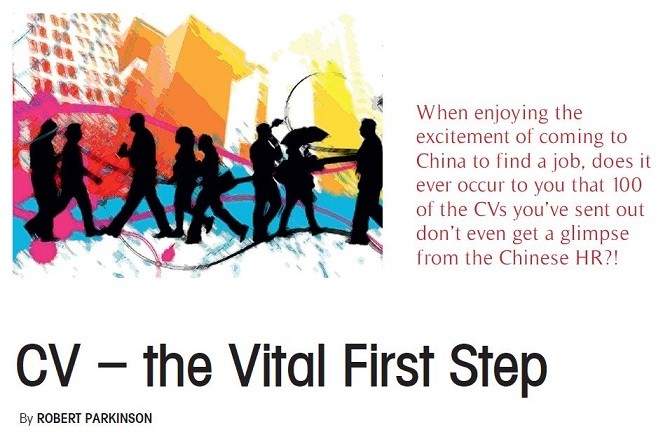

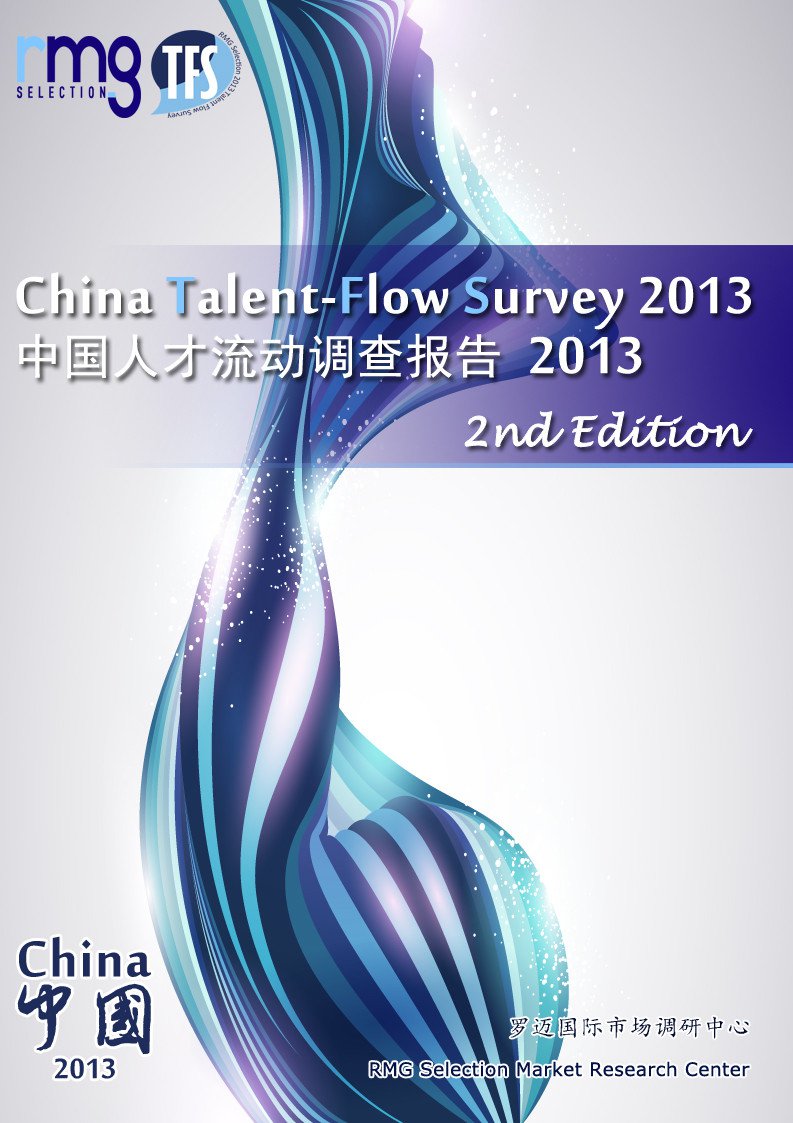
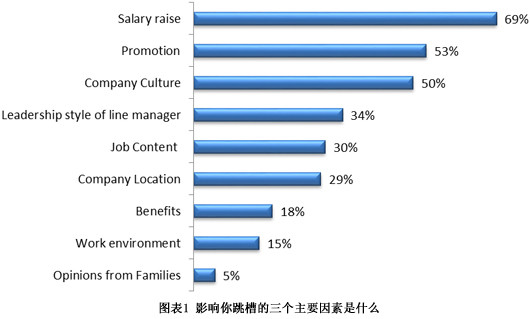
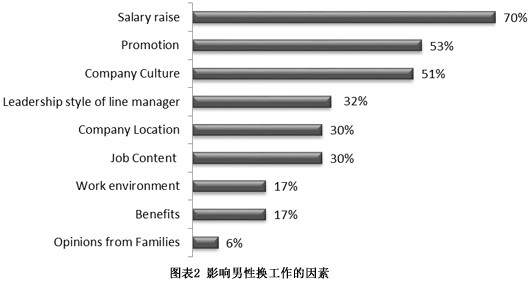

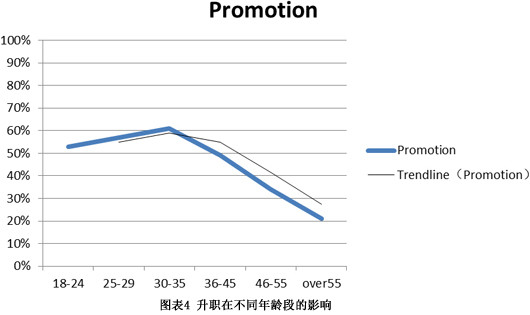
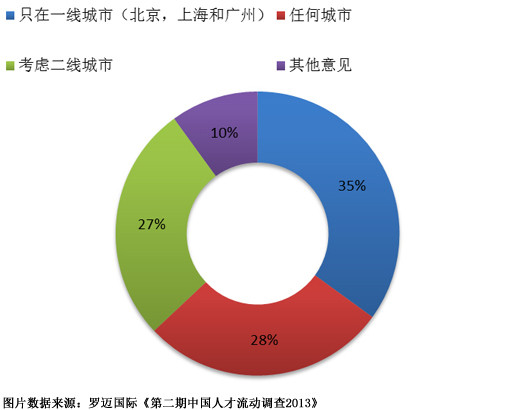
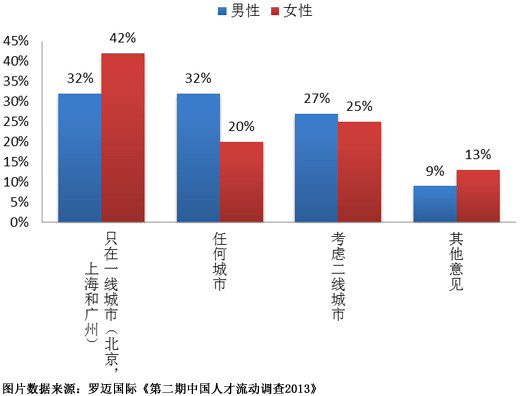
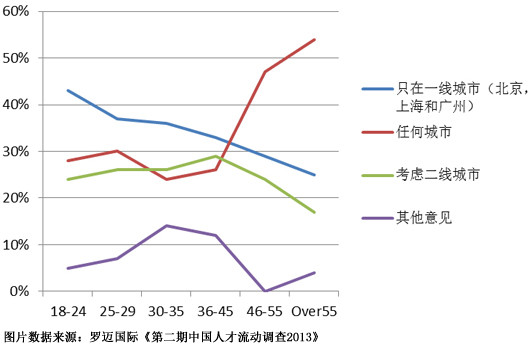
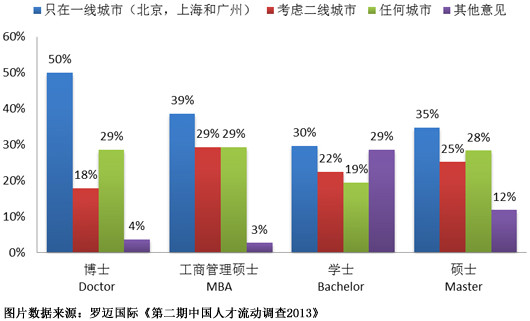


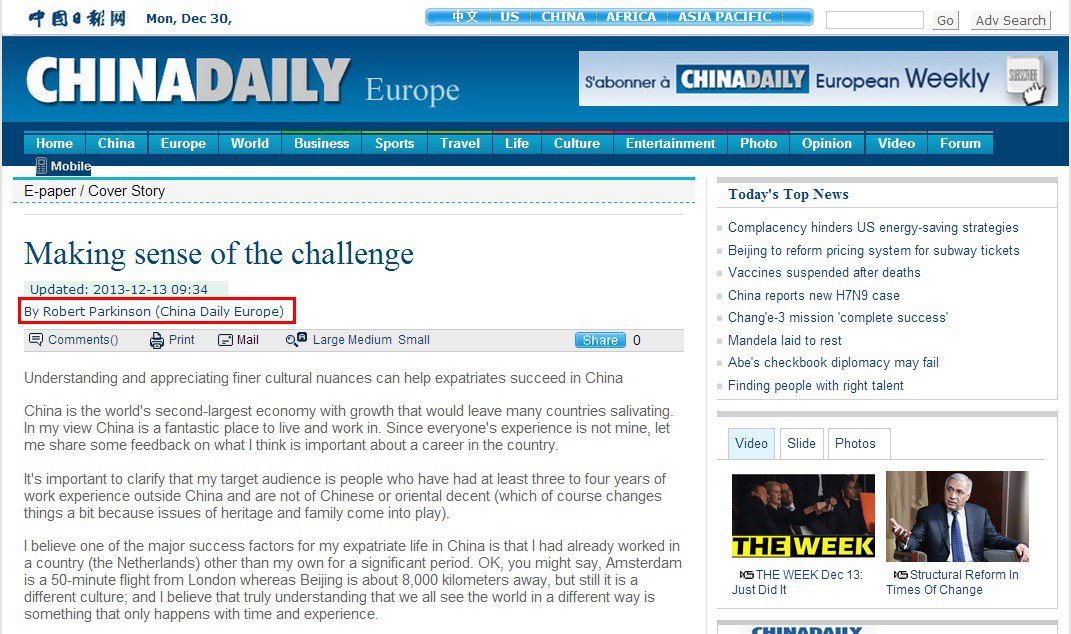 Understanding and appreciating finer cultural nuances can help expatriates succeed in China
China is the world’s second-largest economy with growth that would leave many countries salivating. In my view China is a fantastic place to live and work in. Since everyone’s experience is not mine, let me share some feedback on what I think is important about a career in the country.
It’s important to clarify that my target audience is people who have had at least three to four years of work experience outside China and are not of Chinese or oriental decent (which of course changes things a bit because issues of heritage and family come into play).
I believe one of the major success factors for my expatriate life in China is that I had already worked in a country (the Netherlands) other than my own for a significant period. OK, you might say, Amsterdam is a 50-minute flight from London whereas Beijing is about 8,000 kilometers away, but still it is a different culture; and I believe that truly understanding that we all see the world in a different way is something that only happens with time and experience.
I have seen many examples of expatriates in China landing in Beijing or Shanghai with the “I’ll get ‘them’ to do it our way (!)” mentality, and then slowly but surely their confidence wanes. Successful laowai realize that you will never change a culture thousands of years old, no matter how convincing you are. It is far better to understand and appreciate it.
The second, but perhaps most important tool for foreigners to do well in China is language. I can list at least 10 examples of people I know well who have enjoyed accelerated careers (in China) simply because they’ve made the effort to get to grips with Mandarin at a fluent or semi-fluent level. When I was at school in the 1980s and early 90s, there was tremendous emphasis on the European Initiative (basically, pupils from the age of 10 upwards were all taught German); which has since been quietly replaced with Mandarin.
Interestingly, learning English is also the most important advice I give to young Chinese people. I know many Chinese professionals who’ve done very well simply because they speak English fluently.
Staying with the practical and financial perspective for a second, the next most important element for foreigners – both early and mid-career – is to be sent to China. Packages for the talented are still good, and managers in disciplines such as finance, law and general management can expect tax equalization, paid apartments, and schooling for children on top of hefty base salaries and bonuses (Of course you have to perform, otherwise you’ll certainly be replaced).
I compare this with foreigners who move jobs within China who almost certainly will not get perks such as schooling and housing, and will probably be awarded a “local+” package, or just a comparable package to a person from the local market.
Alongside expatriation, of course one has to understand that the expectations set at the beginning of an expatriate assignment in terms of timing have very little bearing on reality: three-year assignments quite often turn in to 10/15+ year relocations. Why? Because for the vast majority of people working here, it takes at least two to three years to get used to life, and at that point, most companies want to see a return on these investment so usually they prefer their managers to stay longer (if they’re good).
Consider also that life in China offers a very high standard of living, buzz, excitement and rapid change when compared with the relative mundanity of cities, certainly in Western Europe. There aren’t many people I know who look forward to going home, and indeed, Westerners I know often retire to more developed Asian cities such as Hong Kong or Singapore.
Finally, moving more toward the profound, one should consider such factors as: are you genuinely interested in Chinese culture? Life is much easier if you are. Are you coming because you believe China is something of a magic cash machine? It isn’t. Are you prepared for the cultural differences? Read. Have you anticipated the problems? Ask. These are all questions which need addressing, and will make whichever decision you eventually take far more concrete and assured.
I’ve worked in China now for almost 10 years. I never expected to be here this long, but I love (nearly) every second and have made my life here. I would encourage anyone who’s intrigued to seriously explore a life in this gargantuan country, as there is no mistaking the significance of China in today’s world order, and for the right people there are some very serious opportunities here.
There is a lot written about China, which is valid and useful, and equally a lot, which is based on prejudice, hearsay and speculation. Above all, do yourself a favor and come here for a week, there are thousands of travel options now, so come and explore, meet people and decide whether or not the challenge is for you, because above all else China is without doubt exactly that: a challenge.
The author is founder and managing director of RMG Selection, an Asia-focused human resources and recruitment consultancy.
Read the original version at:
Understanding and appreciating finer cultural nuances can help expatriates succeed in China
China is the world’s second-largest economy with growth that would leave many countries salivating. In my view China is a fantastic place to live and work in. Since everyone’s experience is not mine, let me share some feedback on what I think is important about a career in the country.
It’s important to clarify that my target audience is people who have had at least three to four years of work experience outside China and are not of Chinese or oriental decent (which of course changes things a bit because issues of heritage and family come into play).
I believe one of the major success factors for my expatriate life in China is that I had already worked in a country (the Netherlands) other than my own for a significant period. OK, you might say, Amsterdam is a 50-minute flight from London whereas Beijing is about 8,000 kilometers away, but still it is a different culture; and I believe that truly understanding that we all see the world in a different way is something that only happens with time and experience.
I have seen many examples of expatriates in China landing in Beijing or Shanghai with the “I’ll get ‘them’ to do it our way (!)” mentality, and then slowly but surely their confidence wanes. Successful laowai realize that you will never change a culture thousands of years old, no matter how convincing you are. It is far better to understand and appreciate it.
The second, but perhaps most important tool for foreigners to do well in China is language. I can list at least 10 examples of people I know well who have enjoyed accelerated careers (in China) simply because they’ve made the effort to get to grips with Mandarin at a fluent or semi-fluent level. When I was at school in the 1980s and early 90s, there was tremendous emphasis on the European Initiative (basically, pupils from the age of 10 upwards were all taught German); which has since been quietly replaced with Mandarin.
Interestingly, learning English is also the most important advice I give to young Chinese people. I know many Chinese professionals who’ve done very well simply because they speak English fluently.
Staying with the practical and financial perspective for a second, the next most important element for foreigners – both early and mid-career – is to be sent to China. Packages for the talented are still good, and managers in disciplines such as finance, law and general management can expect tax equalization, paid apartments, and schooling for children on top of hefty base salaries and bonuses (Of course you have to perform, otherwise you’ll certainly be replaced).
I compare this with foreigners who move jobs within China who almost certainly will not get perks such as schooling and housing, and will probably be awarded a “local+” package, or just a comparable package to a person from the local market.
Alongside expatriation, of course one has to understand that the expectations set at the beginning of an expatriate assignment in terms of timing have very little bearing on reality: three-year assignments quite often turn in to 10/15+ year relocations. Why? Because for the vast majority of people working here, it takes at least two to three years to get used to life, and at that point, most companies want to see a return on these investment so usually they prefer their managers to stay longer (if they’re good).
Consider also that life in China offers a very high standard of living, buzz, excitement and rapid change when compared with the relative mundanity of cities, certainly in Western Europe. There aren’t many people I know who look forward to going home, and indeed, Westerners I know often retire to more developed Asian cities such as Hong Kong or Singapore.
Finally, moving more toward the profound, one should consider such factors as: are you genuinely interested in Chinese culture? Life is much easier if you are. Are you coming because you believe China is something of a magic cash machine? It isn’t. Are you prepared for the cultural differences? Read. Have you anticipated the problems? Ask. These are all questions which need addressing, and will make whichever decision you eventually take far more concrete and assured.
I’ve worked in China now for almost 10 years. I never expected to be here this long, but I love (nearly) every second and have made my life here. I would encourage anyone who’s intrigued to seriously explore a life in this gargantuan country, as there is no mistaking the significance of China in today’s world order, and for the right people there are some very serious opportunities here.
There is a lot written about China, which is valid and useful, and equally a lot, which is based on prejudice, hearsay and speculation. Above all, do yourself a favor and come here for a week, there are thousands of travel options now, so come and explore, meet people and decide whether or not the challenge is for you, because above all else China is without doubt exactly that: a challenge.
The author is founder and managing director of RMG Selection, an Asia-focused human resources and recruitment consultancy.
Read the original version at: